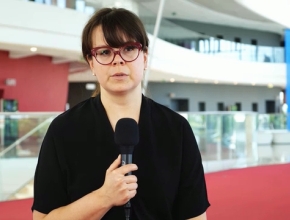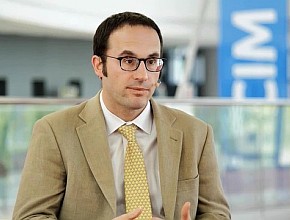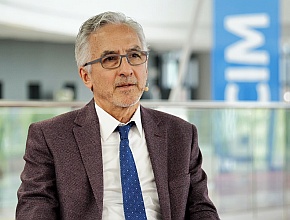Dr Giorgio Costantino is an associate professor and chief of the Department of Emergency Medicine at Fondazione IRCCS Ca’ Granda Ospedale Maggiore Policlinico in Milan (Italy).
Syncope is frequent in elderly populations. In clinical practice we are often confronted with older patients with varied functional levels. Is there a minimum set of examinations that we should perform irrespective of the patient’s functional status?
Giorgio Costantino, MD: The answer can be difficult because syncope is usually a benign condition but sometimes it can have some worrisome adverse events. The older the patient is, the higher prevalence of adverse events you will have.
From one point of view, the older the patient, the more examinations you should do, while in a young patient it is probably just accurate history-taking, physical examination, an electrocardiogram—you have nothing else to do. In older patients this changes.
On the other hand, you have to consider the functional status, as you said, because I think that in an older patient with a very low functional status you should ask yourself what is the aim of your clinical practice and what you are going to do if your tests are positive or negative.
I think the aim of your clinical practice in older patients with a low functional status should be to give them a better quality and duration of life. For example, in a 90-year-old woman affected by advanced dementia who stays all day in her bed or wheelchair, you should probably not do many examinations, while in the case of an 85-year-old woman in a good condition and with a good quality of life I think you have to investigate her more thoroughly.
I think the minimum set of examinations should be accurate history-taking, accurate physical examination, electrocardiogram, and measurement of blood pressure in the supine and upright positions. Other tests can be the carotid sinus massage and electrocardiography with monitoring, but these are used in selected situations.
 English
English
 Español
Español
 українська
українська











